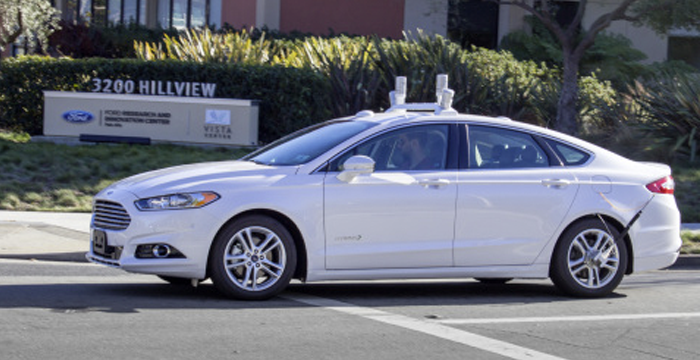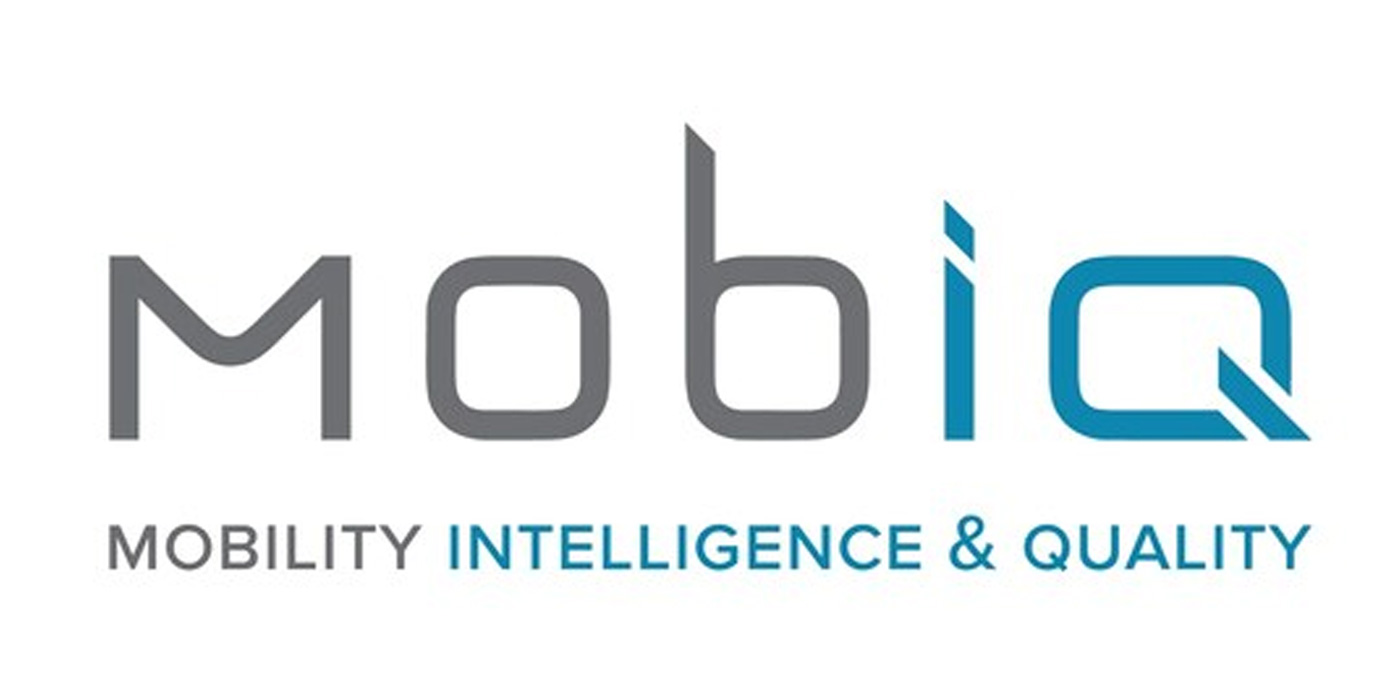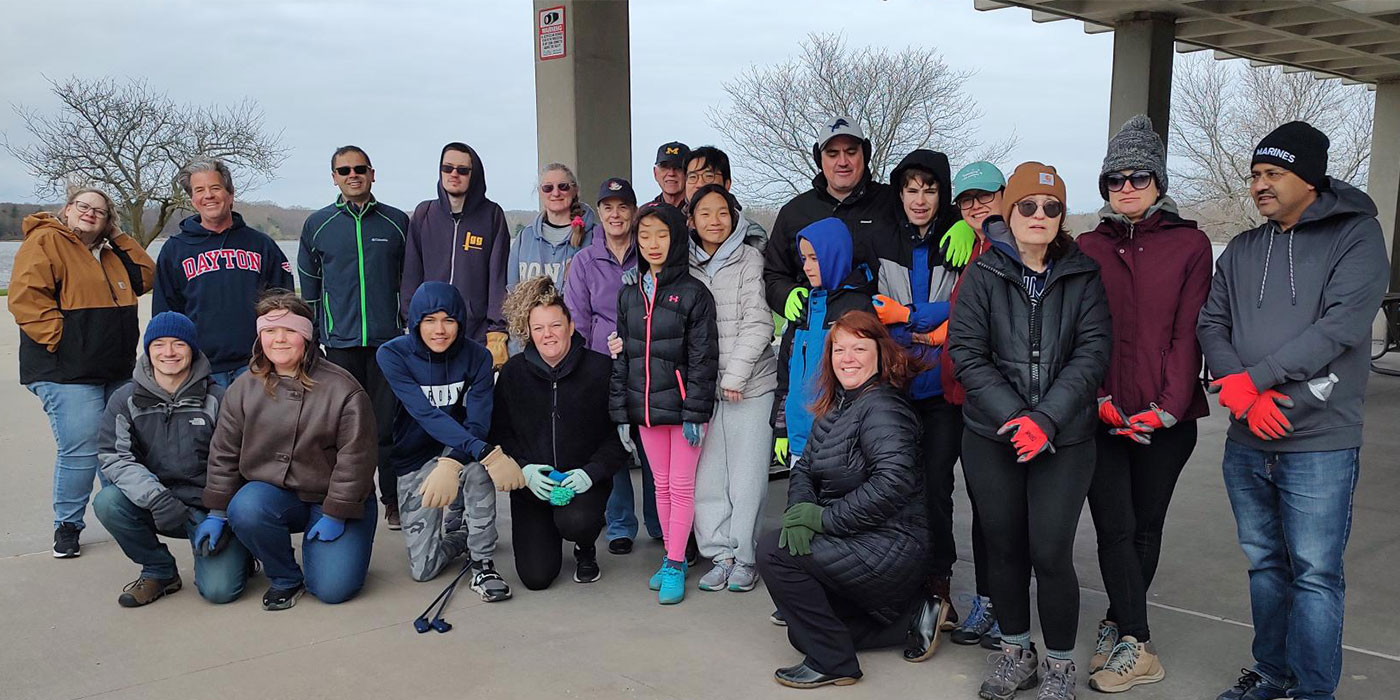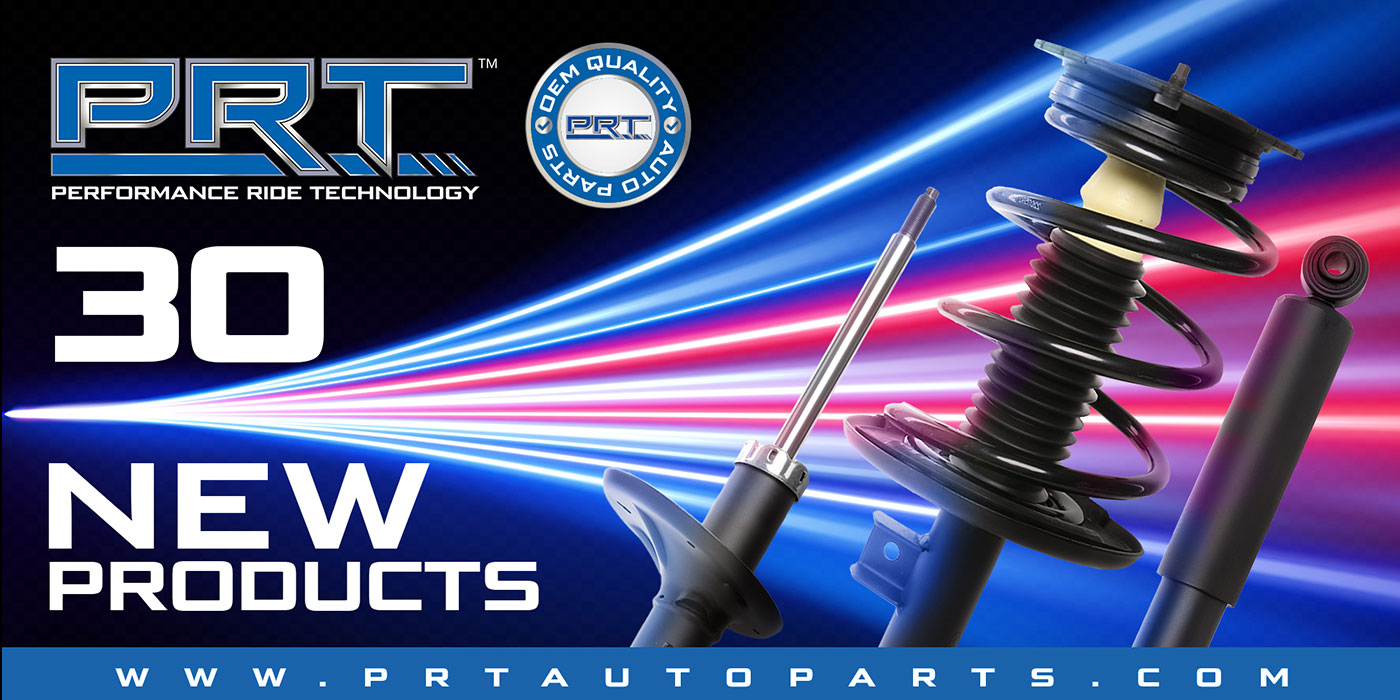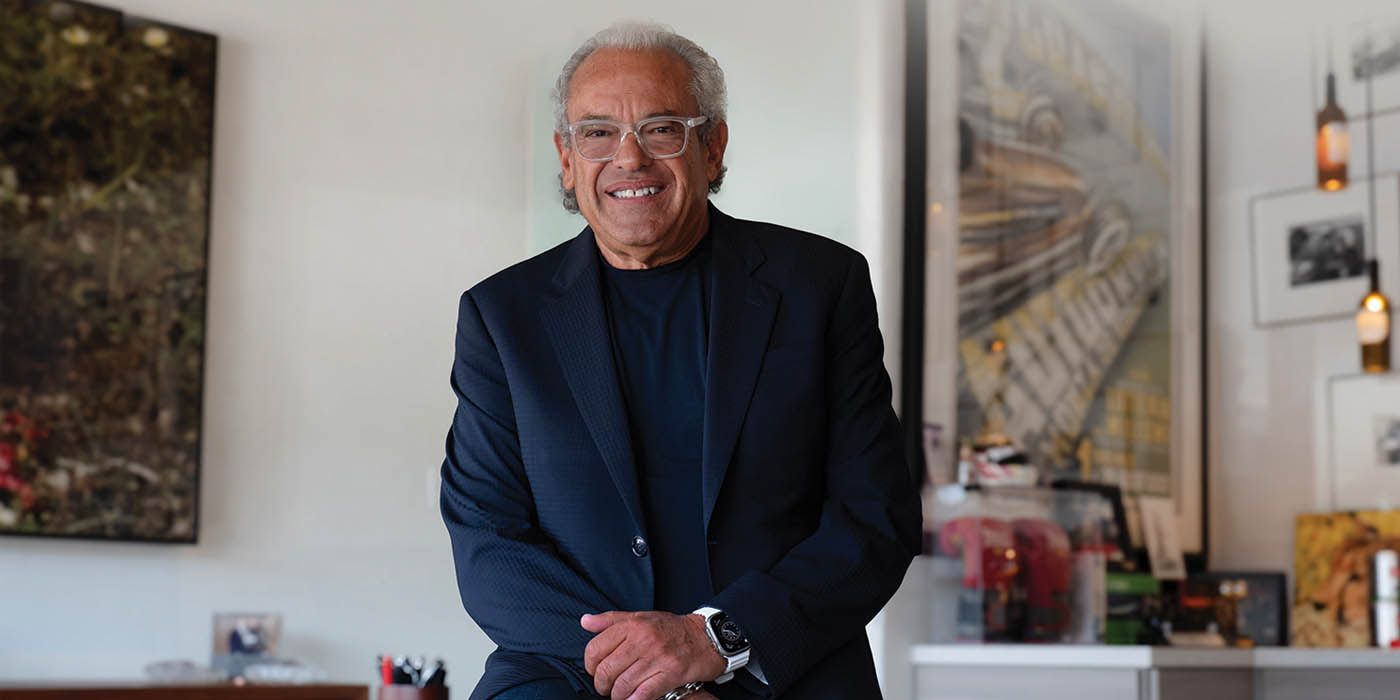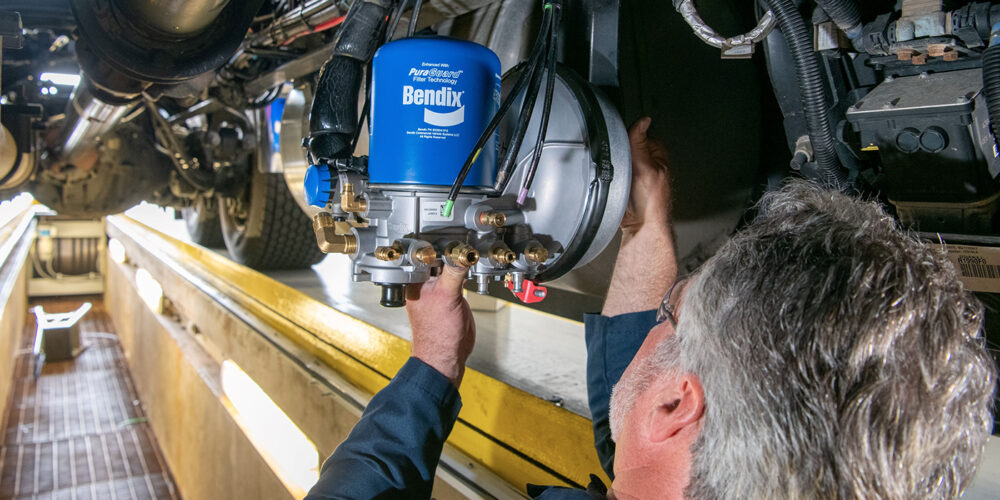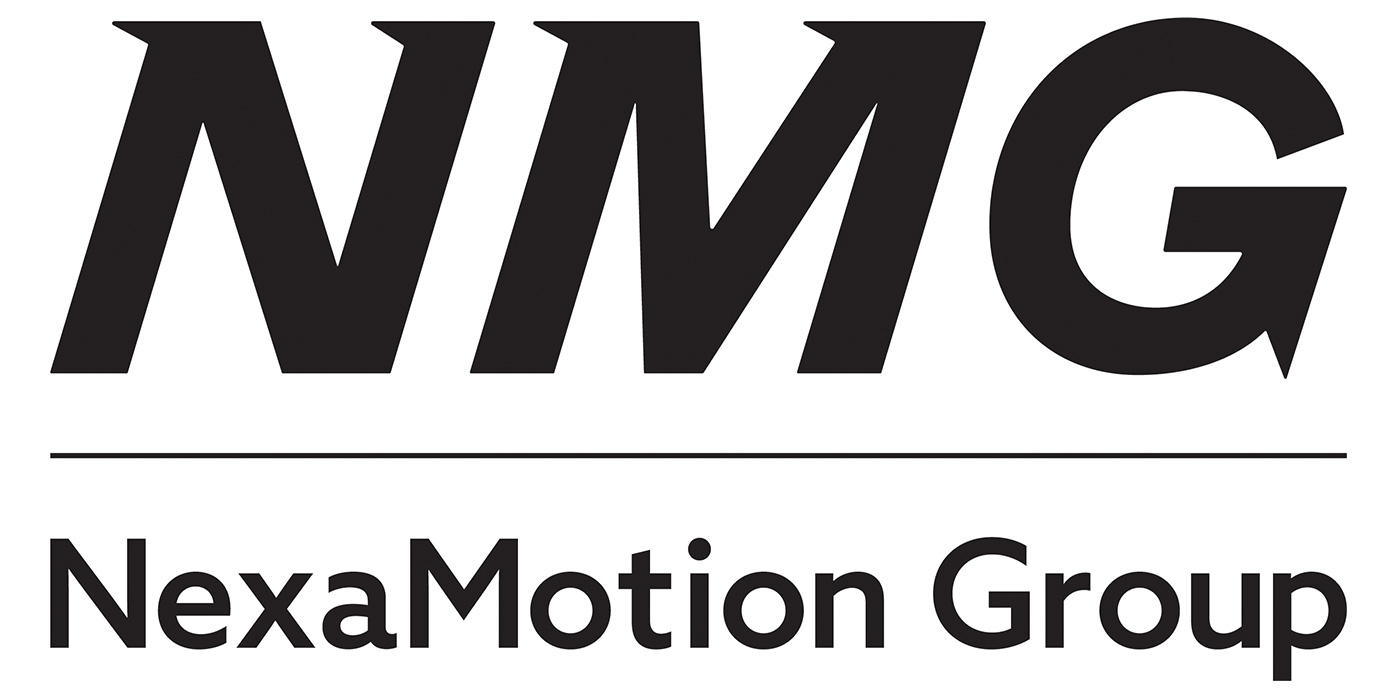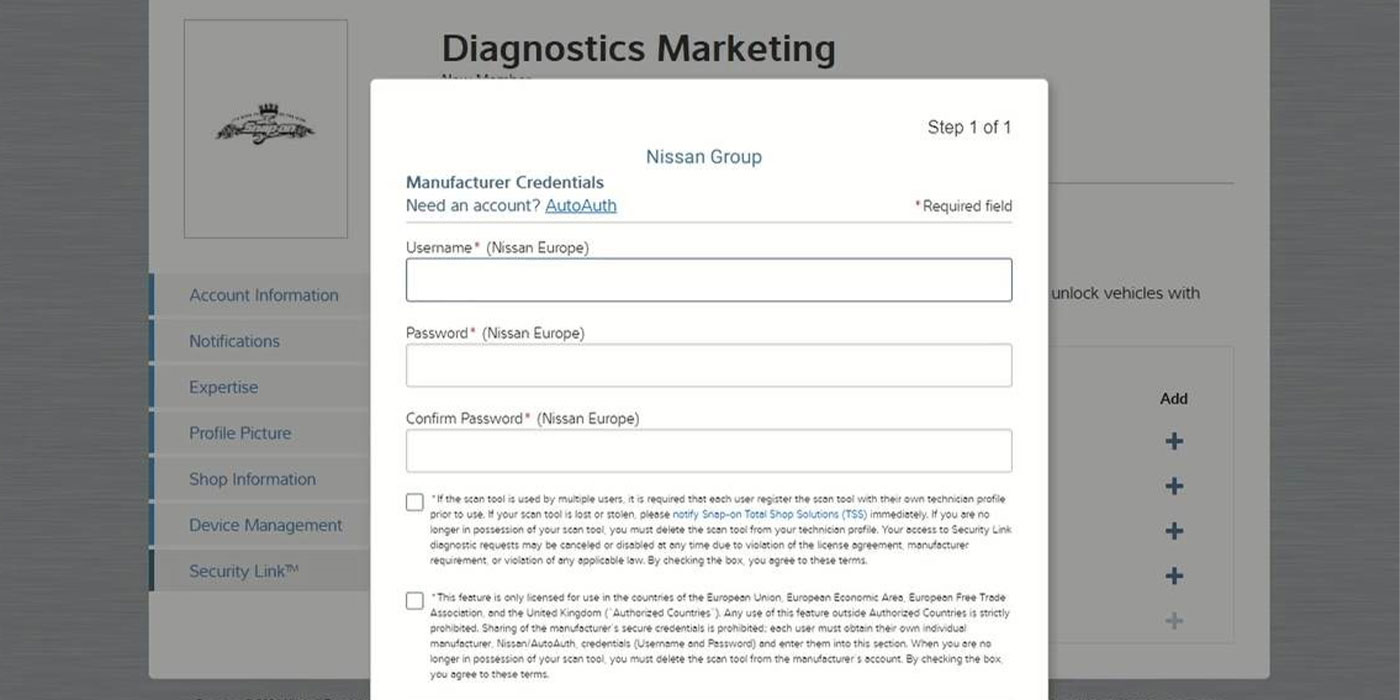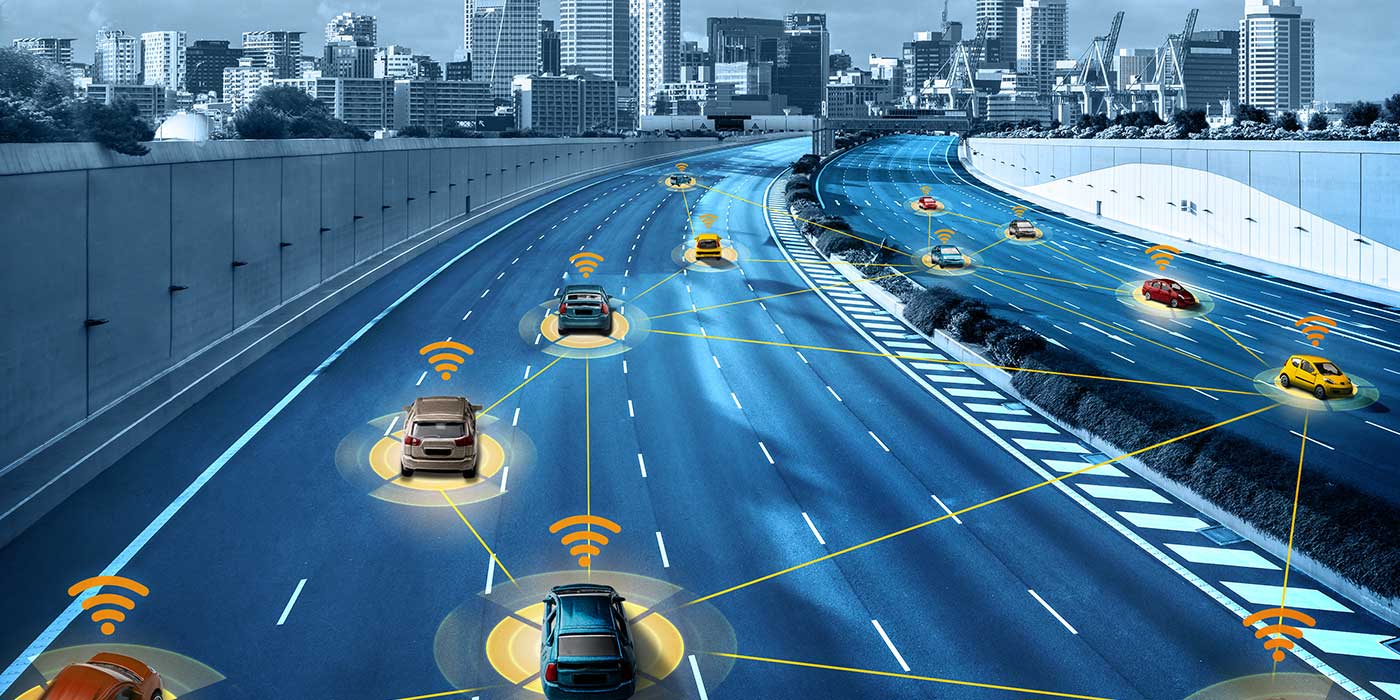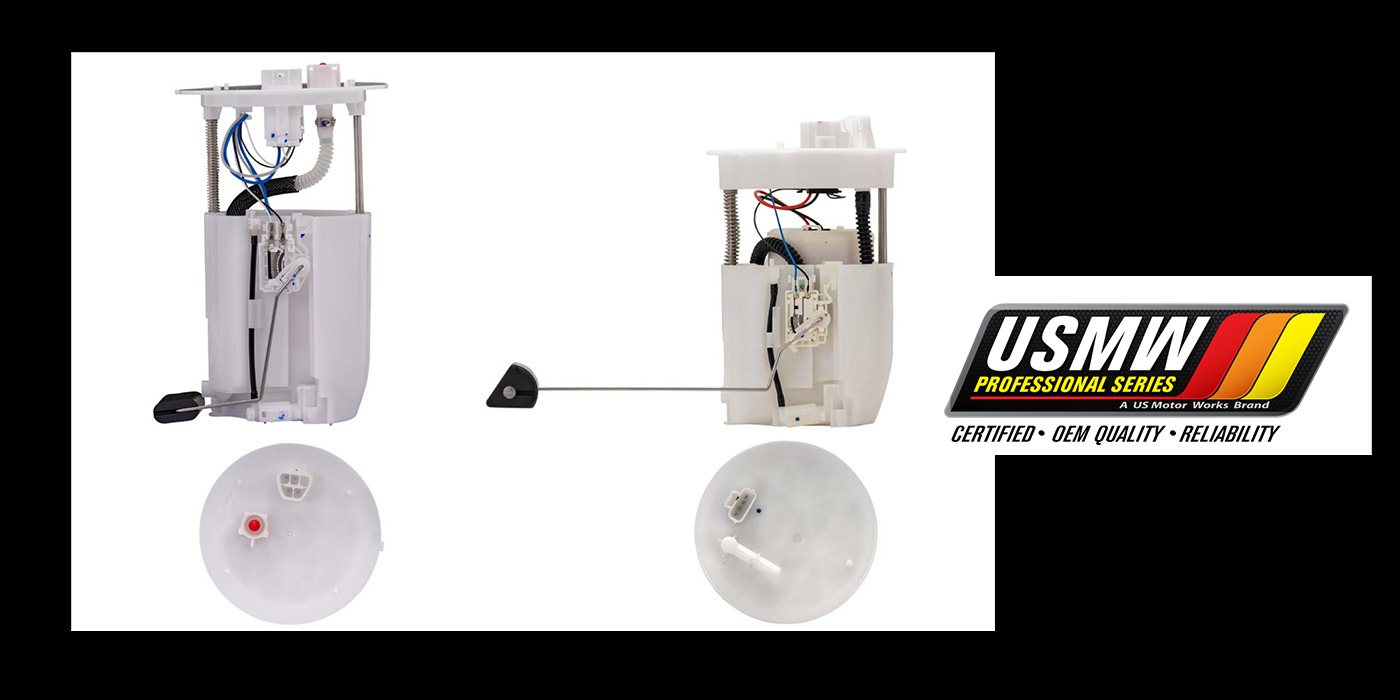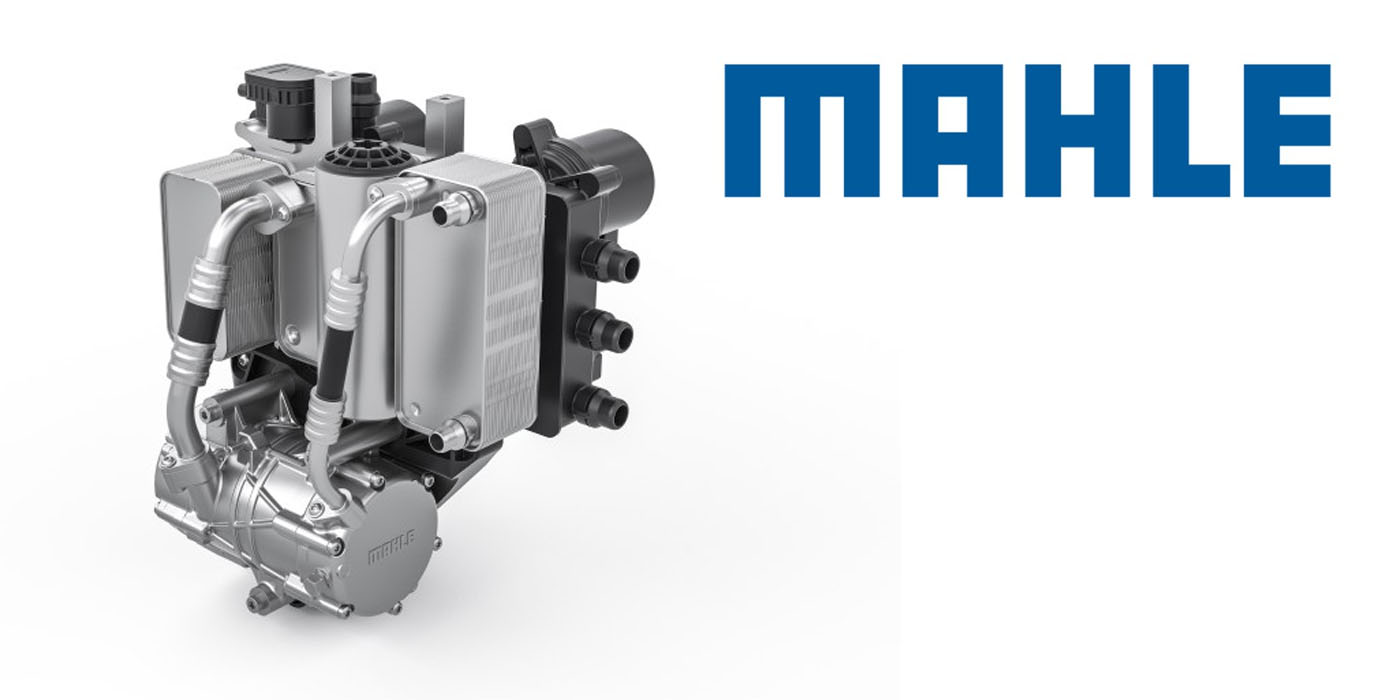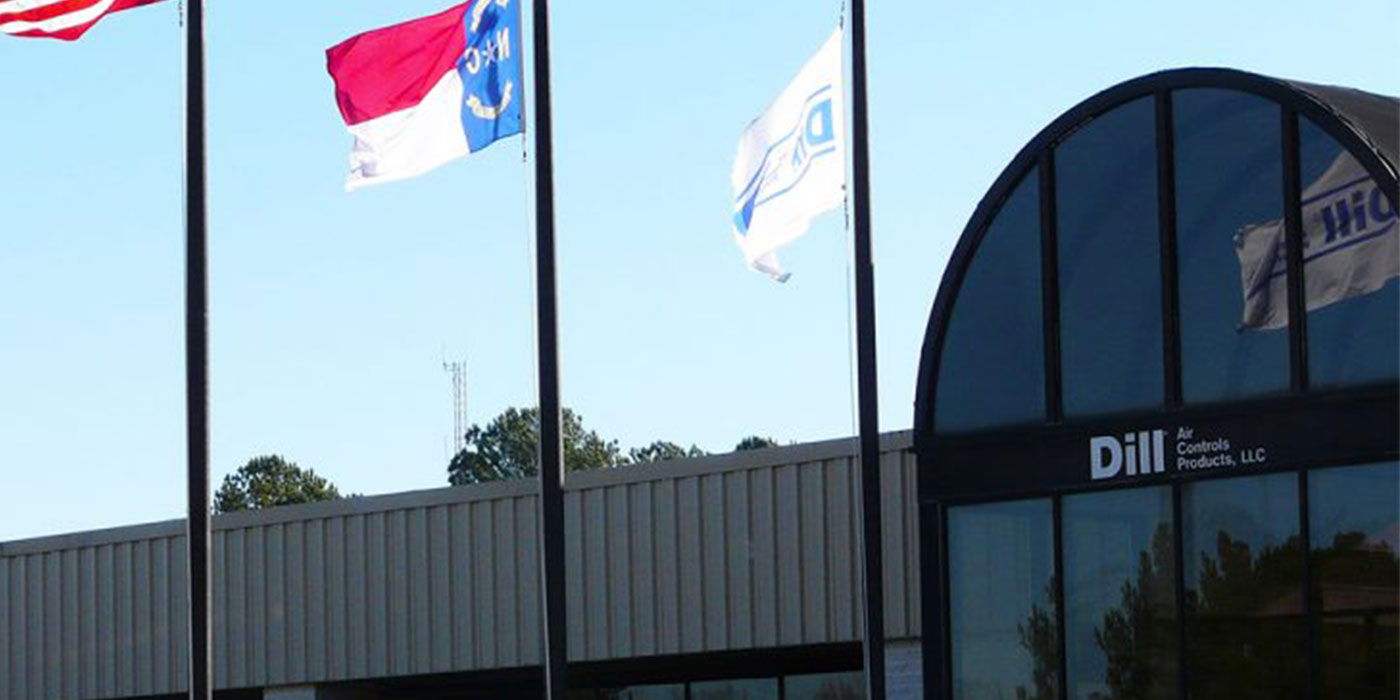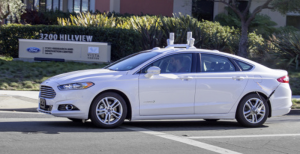 Fully autonomous Ford Fusion Hybrid sedans are taking to California streets next year, as Ford’s Research and Innovation Center in Palo Alto continues growing.
Fully autonomous Ford Fusion Hybrid sedans are taking to California streets next year, as Ford’s Research and Innovation Center in Palo Alto continues growing.
Ford is officially enrolled in the California Autonomous Vehicle Testing Program to test autonomous vehicles on public roads. The testing is further advancement of Ford’s 10-year autonomous vehicle development program and a key element of Ford Smart Mobility, the plan to take the company to the next level in connectivity, mobility, autonomous vehicles, the customer experience and data and analytics.
Ford’s Research and Innovation Center in Palo Alto is one of the largest automotive manufacturer research centers in the region, with a team of more than 100 researchers, engineers and scientists. The new research lab opened in January, expanding Ford’s presence in Silicon Valley, which dates back to 2012.
Eighty percent of the Palo Alto team joined Ford from the technology sector. The remaining 20 percent are Ford employees from the United States, China, Germany and Australia, who bring automotive engineering and design expertise.
“Our Palo Alto team has grown significantly this year, using research and innovation to explore and develop future mobility solutions,” said Mark Fields, Ford president and CEO. “We’re attracting top talent from around the world to join our team in Silicon Valley, including employees from local technology companies and universities who want to make people’s lives better by changing the way the world moves.”
Advanced experimentation
Ford has expanded its Silicon Valley facility from a 15-person office to a 100-plus-person research and development center. Research the lab has conducted this past year includes:
- Autonomous vehicle virtual test drive: This study allows virtual interaction between an autonomous car and pedestrians, replicating real-world situations to better understand and develop responses to some of the unexpected things that can happen on the road
- Sensor fusion: Sensors on autonomous vehicles detect and track objects in the vehicle’s view, fusing information together to provide a 360-degree view of the car’s surroundings – including street signs, other vehicles and even pedestrians
- Camera-based pedestrian detection: Camera sensors serve as the eyes of a vehicle, allowing the car to “see” and sense pedestrians
- Data-driven health care: Through data collection from Ranger pickups and motorcycles outfitted with OpenXC technology, Ford is working with Riders for Health to collect GPS data and mapping coordinates to make health care, vaccines and medication delivery to people throughout rural Africa more efficient and accessible
Ford has cultivated relationships with top universities this year, including University of California-Berkeley, Carnegie Mellon University, Santa Clara and San Jose State. The company is further expanding its strategic research collaboration with Stanford in 2016, planning 13 projects covering all five areas of Ford Smart Mobility – more than double the number of collaborations this year.
“Having a strong presence in Silicon Valley allows us to further accelerate our research on a wide range of technologies, and apply our insights to create real-world mobility solutions,” said Ken Washington, Ford vice president, Research and Advanced Engineering.

